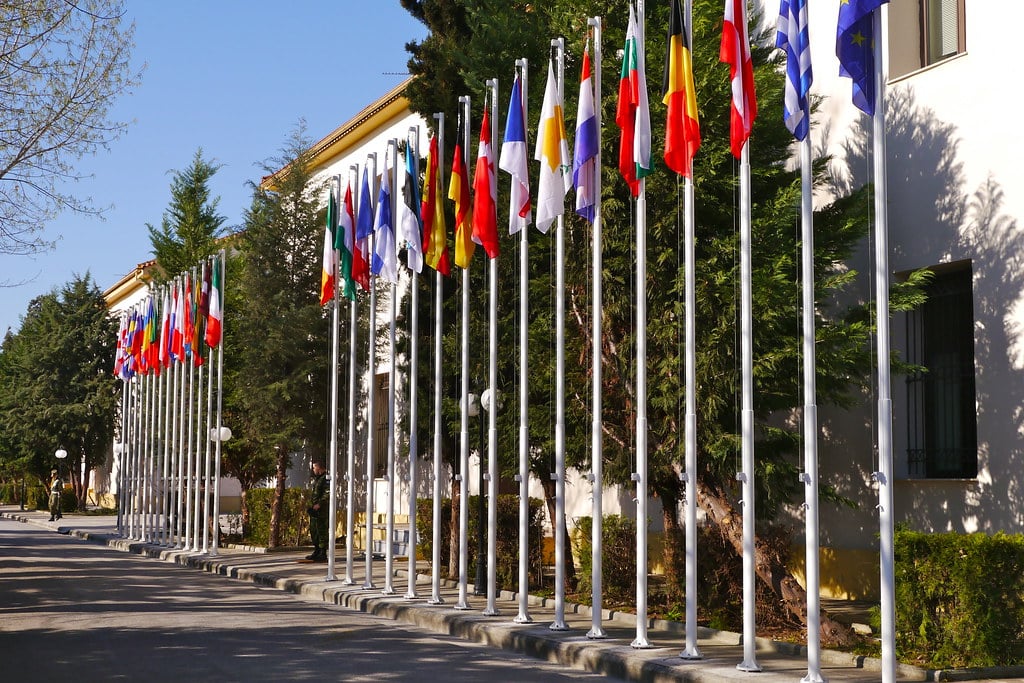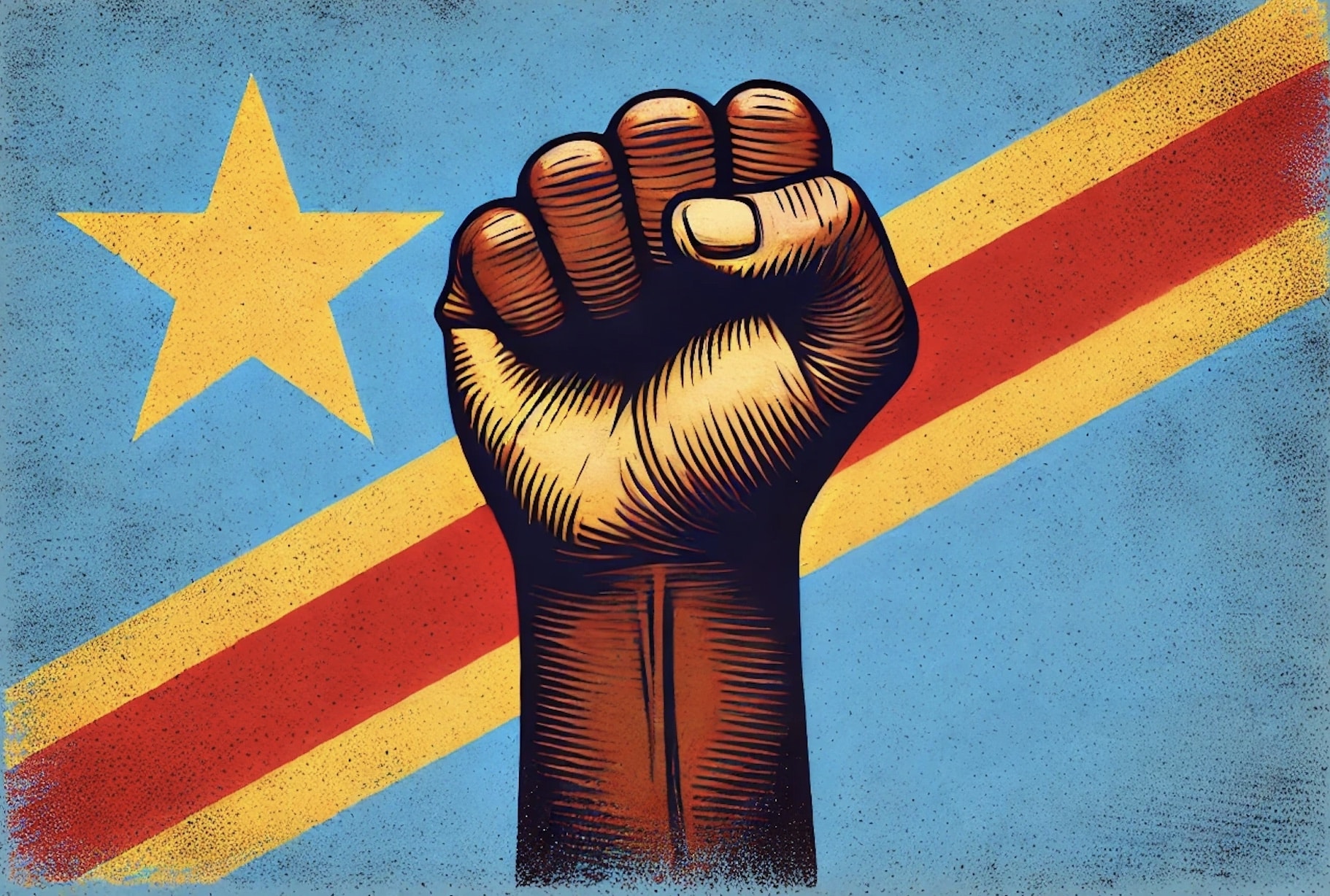Ten years ago in Bangladesh, the Rana Plaza garment factory, where major brands like Mango and Primark had their clothes made, collapsed, resulting in more than a thousand deaths. A major global shock wave full of outrage followed and the question of corporate responsibility became the focus of discussion. Since then, steps have been taken to improve the working conditions of these workers, but much work remains to be done, both nationally and internationally. What is currently being done and how much have working conditions really improved?
What is IMVO?
A term commonly used in this discussion is international corporate social responsibility, better known as IMVO. Ensuring good working conditions, climate-neutral production or ensuring fair wages are some examples that can be linked to the term. The term can be interpreted quite broadly but is essentially about companies and entrepreneurs taking responsibility for society. Despite calls for stricter laws and regulations being louder than ever, bringing this about remains a complicated process. One of the main reasons for this are the strong lobbying activities of companies operating at both national and European levels. They want to ensure that IMVO legislation is as beneficial as possible for them, because the fewer rules, the better.
Corporate responsibility in Europe
Some steps have already been taken at the European level. Led by Labour Party MEP Lara Wolters, the European Parliament has been calling for stricter IMVO legislation for some time. This led to a bill from the European Commission requiring companies to investigate and prevent harmful effects on humans and the environment throughout their supply chain. Following negotiations in the European Parliament's legal committee, this week the joint position of the European Parliament adopted. Parliament is setting the bar higher than the European Commission and EU member states. Among other things, MEPs want more companies to be covered by the law than currently proposed by the Commission.
In June, this proposal will be put to a vote across Parliament. However, it remains exciting whether a majority will vote in favour, as there is much debate especially within the liberal and Christian groups. Negotiations with member states are also still to come, so business lobbies still have plenty of opportunity to exert their influence. Organisations such as Oxfam-Novib are therefore worried that the final bill will be a lot less powerful. Because of the strong anti-lobby, many companies may end up being left out of the law, which could still cause a lot of damage. It is therefore important that the European Parliament's stronger proposal stands.
What about in the Netherlands?
When European legislation finally arrives, it remains to be seen how it will translate into national legislation. Many organisations fear that this is going to be a rather long process and therefore argue that the Netherlands should get to work on its own national legislation. Currently, there is a bill by six parties (D66, SP, PvdA, GroenLinks, ChristenUnie and Volt ). This calls for due diligence in value chains to counter human rights and environmental violations in conducting foreign trade. Ministers Schreinenmacher and Adriaanse, however, indicated nothing to see in implementing this own-initiative law in its current form. They believe that rules on CSR should be the same for all European countries. They argue that with this current proposal, Dutch rules will be stricter. This will be at the expense of the business climate, which could cost the state treasury a lot of money.
Big step in the right direction?
To prevent disasters like Rana Plaza, it is important for companies to take responsibility, there seems to be a consensus on that. Whether this will actually make them take it remains to be seen, as the steps currently being taken are still small. On 1 June, the European Parliament will vote on the CSR bill. Let us hope that this will finally be a big step in the right direction.
Image: Pixaby





